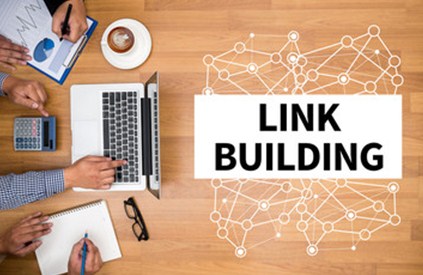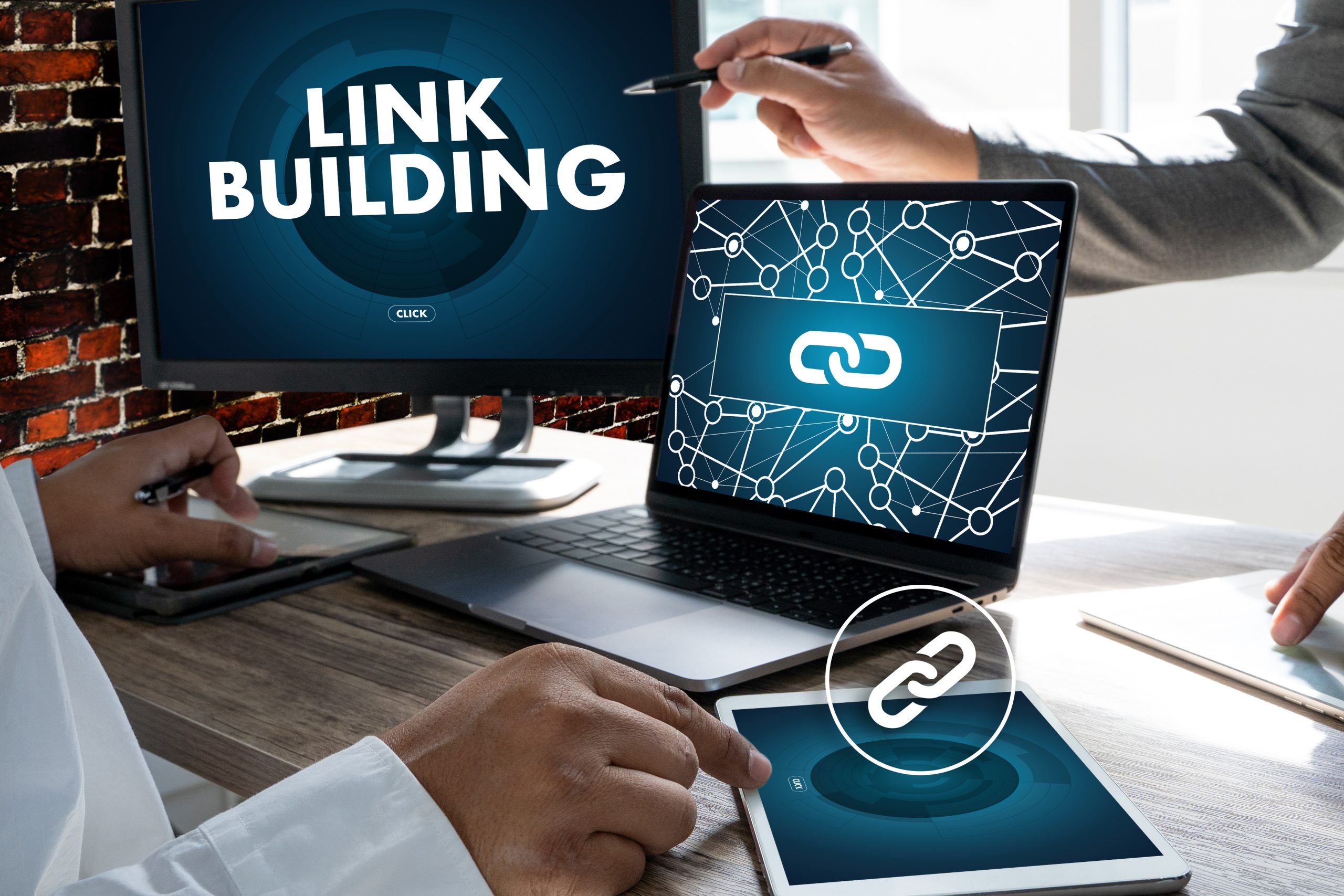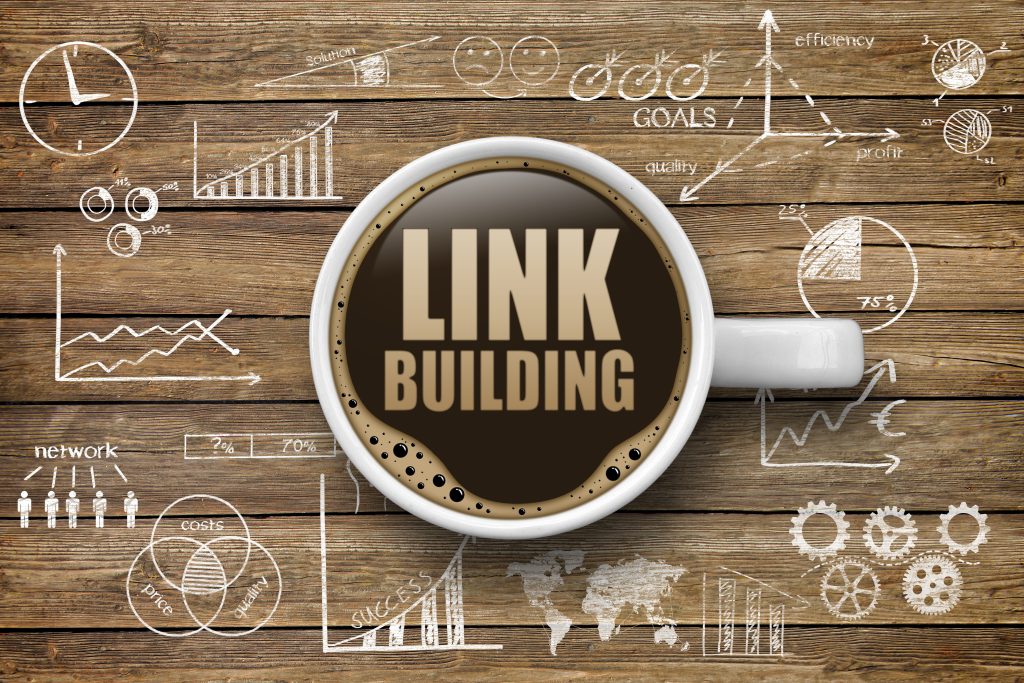The use of internal links is an important part of any SEO strategy. Internal links are those that connect different pages on your website or blog together. They are used to provide the reader with more information and navigation throughout your website.
Using internal links strategically can help improve your search engine rankings, as well as make it easier for users to find the content they want on your site. Here are some tips for using internal links effectively:
- Make sure all of your pages are linked together – All pages should be linked by at least one other page on your site, whether it’s through a menu, sidebar, footer, or within the content itself.
This will ensure that all users have easy access to each page.
- Use descriptive keywords – When creating internal links, use keywords in the text that will describe the destination page. This helps search engines understand what each page is about and determine where to place it in their rankings accordingly.
- Link back to popular pages – Internal links are a great way to link back to your most popular pages or content from other parts of your website or blog. This creates an easy path for users who may have ended up on one page but want to find more related content elsewhere on your site.
- Use anchor text – Anchor text refers to the visible clickable words that create an internal link when clicked (e.g., “click here”). Using specific keywords in this text can help search engines understand what the page is about and rank it accordingly.
- Use links sparingly – Having too many internal links on a single page or post may appear spammy to search engines, so use links sparingly unless you’re linking out to relevant content from other sites.
Using internal links effectively can be a great way to improve your SEO rankings and make it easier for users to find their way around your website. Just remember to use anchor text and keywords as much as possible, link back to popular pages, and avoid overloading your website with too many internal links at once.
What Are Internal Links?

By creating an effective internal link structure, you can help make sure search engine crawlers have a better time understanding and navigating through your website’s content. Additionally, an optimal internal linking structure can help pass page authority between pages on your site and increase the overall domain authority of your website. In conclusion, developing an effective internal linking structure is essential to any successful SEO campaign as it helps improve website navigability, reduce bounce rate, increase user engagement, and ensure that all web pages are appropriately linked together.
How Many Internal Links Are Good For SEO
When it comes to SEO, the number of internal links you have on your website is important. Links are one of the main ways search engines determine which websites are relevant for specific topics. Internal links are especially valuable because they help search engines navigate through a website and understand its content better.
Having too few internal links can make it difficult for search engine bots to crawl through your pages and find all your content, thus reducing your site’s ranking in the SERPs. On the other hand, having too many internal links can be detrimental as well since it may cause web pages to take longer to load or be perceived as less authoritative by search engines. The ideal amount of internal links will depend on several factors such as page size and loading speed but generally, it’s recommended to have between one and two links per 100 words of content.

In conclusion, internal links are essential for SEO as they help search engines understand the content of a website. To ensure that your website is optimized for SEO, it’s recommended to have between one and two internal links per 100 words of content. Additionally, make sure that the links are relevant to the topic at hand and point toward pages with good-quality content.
At the Marketing Cartel, we understand how important Internal Links For SEO are to a successful marketing campaign. Internal linking is an effective way to pass link juice between your pages and improve the SEO ranking for targeted keywords. In addition, Internal Links For SEO helps reduce bounce rates by directing visitors from one page to another within your website. Our team of experts uses data-driven insights and advanced tactics to create Internal Links For SEO that boost visibility in search engine results while also providing a seamless experience for users. We have extensive experience in creating Internal Links For SEO and developing innovative strategies that will help your business drive more organic traffic and conversions. Contact us today for more information.
Testing and analyzing our Internal Linking strategy regularly ensures maximum optimization and effectiveness. With our Internal Links For SEO, you can rest assured that your website will be optimized for higher rankings and better visibility. Call us today at (855) 652-6292 to learn more about how Internal Linking For SEO can help grow your business.



 This will ensure that all users have easy access to each page.
This will ensure that all users have easy access to each page.